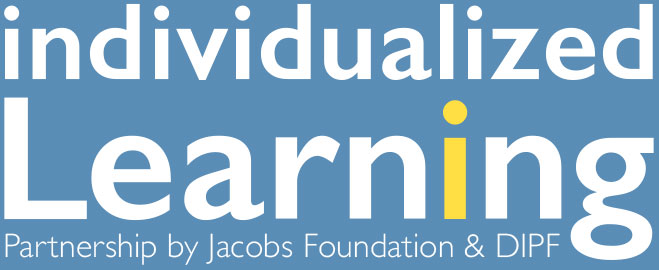Project zEbra
Social Belonging in the Real and Digital World
The project zEbra aims at examining the associations among perceived social belongingness in real and digital life and well-being in children and adolescents.
Project Description
The desire to feel socially related and included represents a fundamental human need, whose fulfillment is essential for well-being and healthy development. Nowadays, a significant proportion of daily social interactions takes place on social network sites such as Instagram, TikTok, YouTube, or WhatsApp.
In a first step, a measurement instrument shall be developed that allows for assessing which digital networks children and adolescents use in their everyday life, why they use them and what social experiences they make.
The second step is to examine how virtual social interactions are associated with the fulfillment of the need for relatedness and with well-being. Furthermore, reciprocal effects of social interactions in the digital domain (e.g., on WhatsApp) and in the real world (e.g., at school) are explored. In this context, the developmental stage of late childhood and early adolescence is of particular importance, as it is characterized by an increase in the relevance of peer interactions for well-being.
Principal Investigator
Andrea Irmer
Selected Publications
Schmidt, A., Dirk, J., & Schmiedek, F. (2019). The importance of peer relatedness at school for affective well‐being in children: Between‐ and within‐person associations. Social Development, 28(4), 873–892.
Schmidt, A., Neubauer, A. B., Dirk, J., & Schmiedek, F. (2020). The bright and the dark side of peer relationships: Differential effects of relatedness satisfaction and frustration at school on affective well-being in children’s daily lives. Developmental Psychology, 56(8), 1532–1546.

